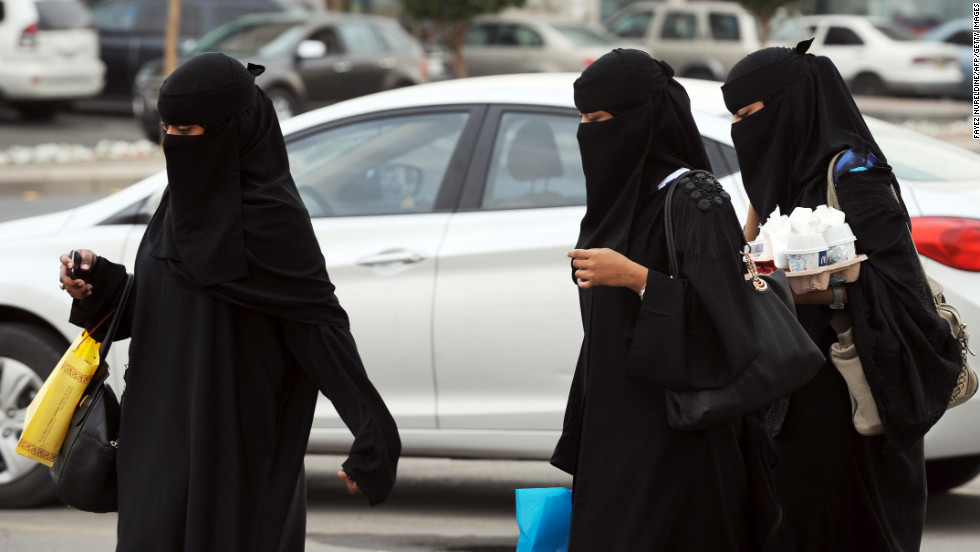The king of Saudi Arabia’s King Salman has issued a decree that will allow women to hold driving licences for the first time. Like a story from the Stone Age, Saudi Arabia is currently the only country to forbid women from driving. Their women are also required to be accompanied by a man when leaving the house and cover up in public. The new law would affect some 15million women that have sort of lived in bondage for ages.
King Salman ordered the formation of a ministerial body that will implement the rule by 2018, making the country the last in the world to give women driving licences. Until now, Saudi Arabia was the only country to specifically forbid women from holding driving licences. ‘The royal decree will implement the provisions of traffic regulations, including the issuance of driving licenses for men and women alike,’ according to Saudi Press Agency.
Saudi’s ambassador to the United States of America confirmed women will not need permission from their male guardians in order to apply for a licence. The US State Department said it welcomed the decision, calling it a ‘huge step in the right direction’. It comes after years of campaigning from within the country, and pressure from the international community. Activist Loujain al-Hathloul, 27, ran afoul of authorities in 2014 when she tried to drive into the country from neighbouring United Arab Emirates.
She was arrested and detained for 73 days before being released. Ms al-Hathloul was re-arrested this year at King Fahad International Airport. While no official reason was given for her detention, it is believed to be related to her ongoing human rights work. Amnesty International said at the time that she had been denied access to a lawyer and had not been allowed to contact her family.
It also comes after the Muslim kingdom was elected to the United Nations women’s rights commission, despite a terrible record on the issue. The decision was derided by observers around the world and prompted an outpouring of scorn from rights groups. Chief among the complaints was the ban on women driving cars. Alisha ali-Khan, the UK-based editor for Asian Mums Network and a rights campaigner, hailed the decision, but said Saudi Arabia still has a long way to go before women become full members of society.
Under the system of guardianship in Saudi, every woman must have a male guardian – a father, brother, husband, or even a son – who has the authority to make a range of decisions on her behalf, she explained. These decisions include the approval to apply for a passport, travel outside the country, study abroad on a government scholarship, get married, or exit prison. Women regularly face difficulty conducting a range of transactions – from renting an apartment to filing legal claims – without a male relative’s consent or presence.
Women also face challenges making decisions for their children on an equal basis with men and majority of women lose custody of their children following divorce. Many women therefore have little choice but to stay in abusive marriages and tolerate unjust treatment in order to stop their children being removed from their custody by Saudi law, Ms al-Khan added. It is not clear whether the surprise move by King Salman will herald a wider loosening of rules around women’s behaviour in Saudi. In 2015 women were allowed to vote and stand for the first time in municipal elections, and subsequently won 19 seats.





